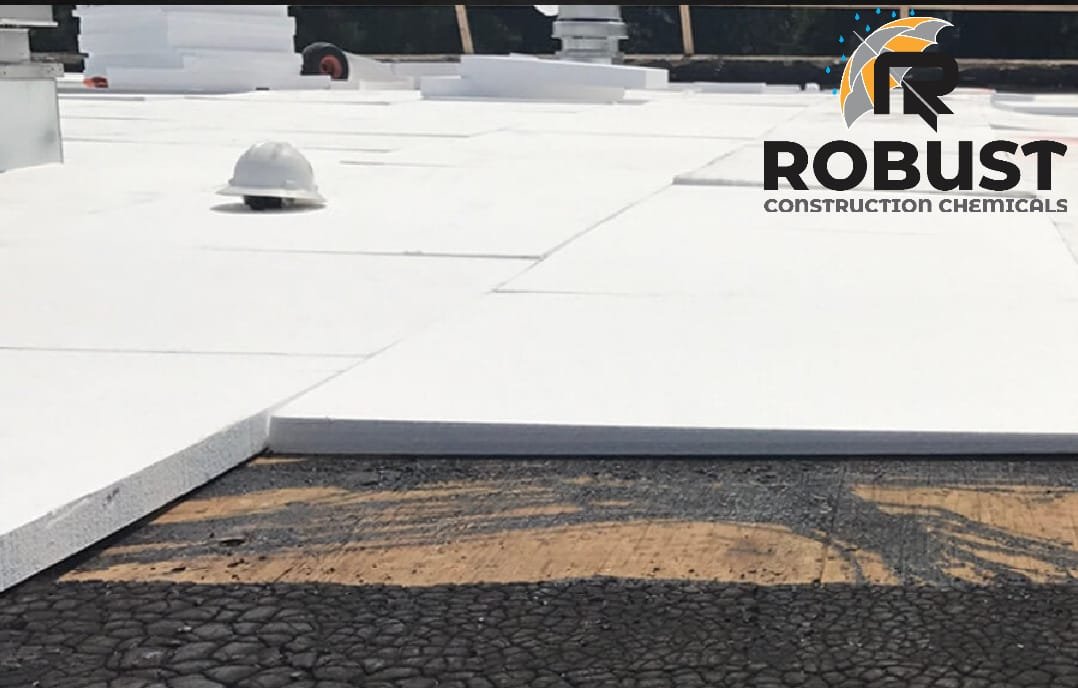EPS (Expanded Polystyrene) sheet, commonly known as thermocol, is a highly versatile and lightweight material made from polystyrene, a polymer that is subjected to a process of expansion and fusion. It is created by expanding tiny beads of polystyrene, which are then compressed into solid sheets. These beads contain a large amount of air, giving EPS its distinctive lightness and excellent thermal insulation properties. The material itself is typically white, though it can be produced in other colors depending on specific formulations. It is used in a wide array of applications across multiple industries, from construction and packaging to manufacturing and even the automotive sector.
In construction, EPS sheets are valued for their superior insulating capabilities. They are commonly employed in thermal insulation for walls, roofs, and floors in residential and commercial buildings. Their ability to keep temperatures regulated—by preventing heat loss in winter and reducing heat gain in summer—makes them an essential component in energy-efficient construction. This contributes to both lowering energy bills and providing a more comfortable living or working environment. The closed-cell structure of EPS makes it resistant to moisture absorption, ensuring its insulating properties remain intact even in humid or wet conditions. Additionally, this moisture resistance makes it a popular choice for applications like drainage systems and underfloor insulation.
EPS also finds a significant role in soundproofing. Its lightweight, porous structure effectively absorbs sound waves, making it an ideal material for reducing noise pollution, especially in urban or industrial environments. This is why it is commonly used in walls, ceilings, and floors to enhance acoustic performance in buildings.
When it comes to packaging, EPS is prized for its ability to provide impact resistance and shock absorption. Its cushioning properties make it an ideal material for protecting fragile goods, such as electronics, glassware, and delicate equipment, during transportation. The material’s ability to absorb and distribute shock helps to minimize damage to sensitive items, making it a preferred choice for shipping and storage. EPS packaging is also highly customizable, with the ability to mold the sheets into different shapes and sizes to fit various products.
